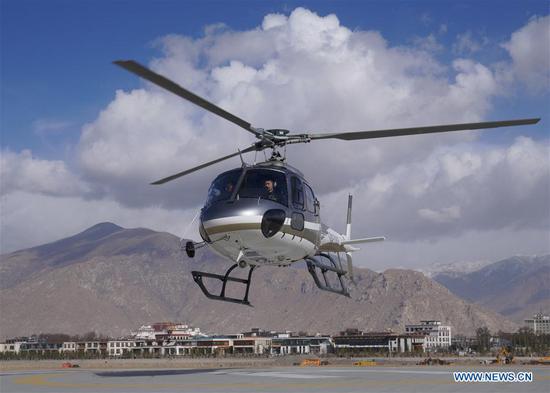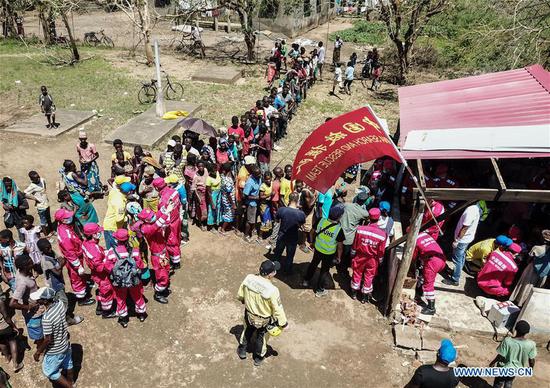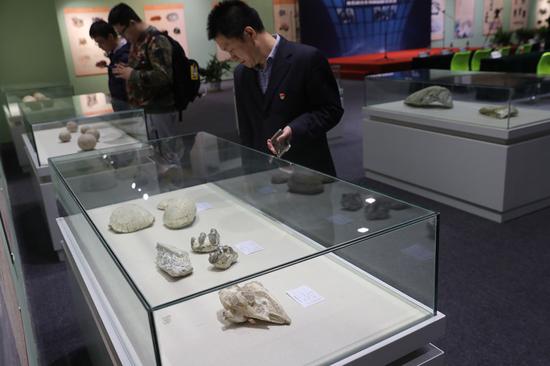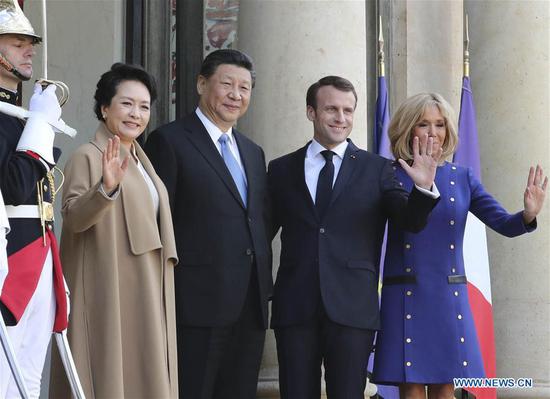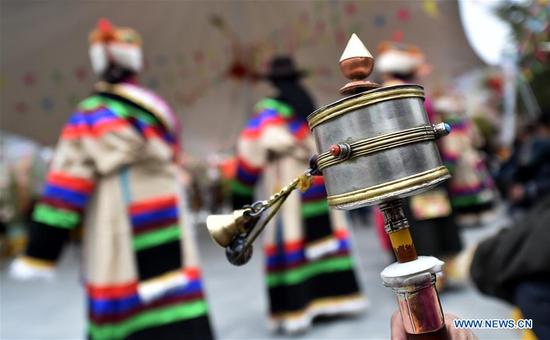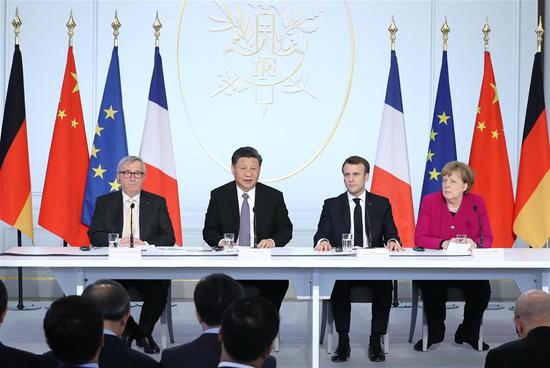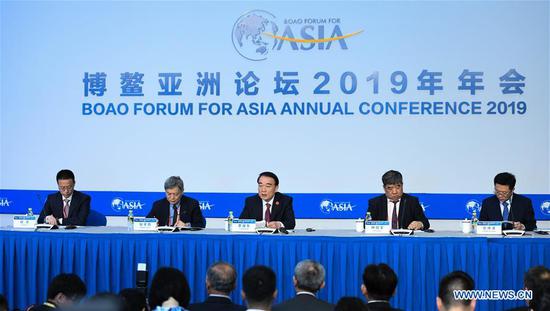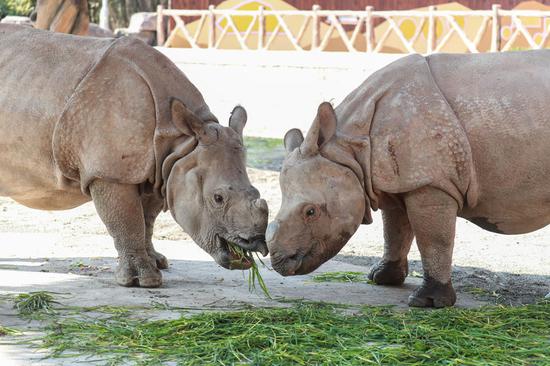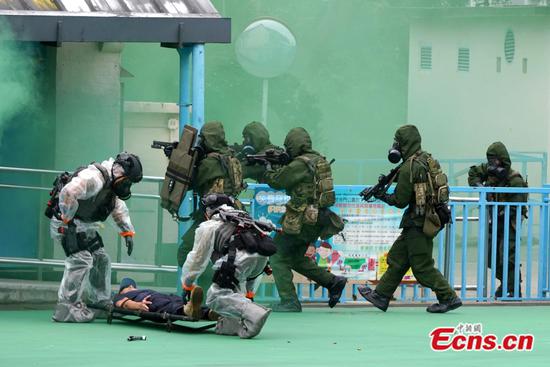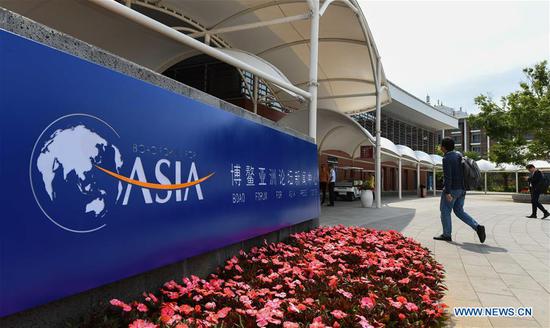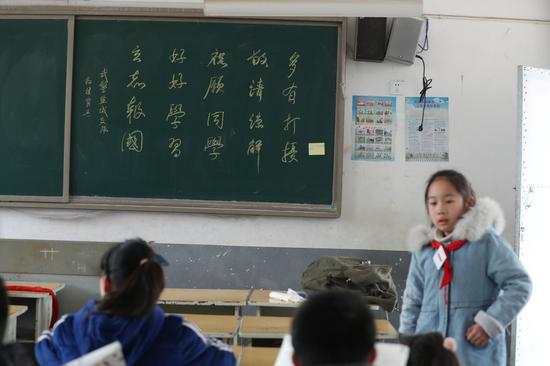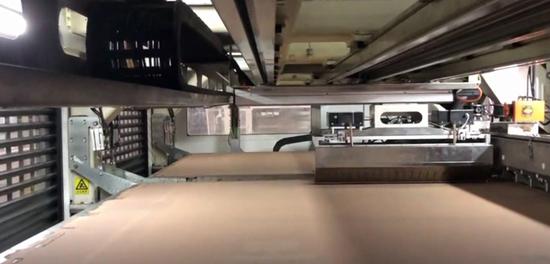China's civil aviation regulator has temporarily stopped issuing airworthiness certificates for Boeing 737 Max 8s because of safety concerns, a move an expert said will bring huge economic losses to Boeing.
Two Boeing 737 MAX 8s have crashed in the last five months. All 157 passengers and crew members of a 737 MAX 8 operated by Ethiopian Airlines died on Mar 10, including eight Chinese nationals. In October, the same model of plane, operated by Lion Air, went down over the Java Sea, killing 189.
"Considering that the aircraft faces uncertainties in its airworthiness, after looking into the matter, the administration decided to suspend Boeing 737 MAX 8 airworthiness certifications immediately," the Civil Aviation Administration of China said in a statement unveiled on Tuesday, adding that the ongoing investigation had not ruled out design flaws in the aircraft.
"A certificate is granted by the country's regulator after an aircraft has been inspected and meets the requirements for safe operation," said Li Xiaojin, a professor of aviation economics at Civil Aviation University in Tianjin, "It's a long process to determine whether an aircraft is airworthy."
It took Boeing 15 months to get an airworthiness certificate for the first 737 MAX 8 from the administration, he said, adding that the certificate was issued in October 2017.
The administration has sent experts to participate in investigations and will review the model's airworthiness with a focus on alterations to the jet engine design and placement. It will resume accepting applications for the certificate after the aircraft design is found to meet the requirements.
"Considering that the two accidents took place after new Boeing 737 MAX 8s were delivered, and went down just minutes after taking off, within five months of each other, they have some degree of similarity," the administration said in its statement. The administration grounded all Chinese Boeing 737 MAX 8 jets on March 11.
"With China suspending the airworthiness certificate for the Boeing 737 MAX 8, domestic airlines are unable to purchase this model," Li said, adding that it will undoubtedly cause great economic losses to Boeing.
As of the end of January, the Boeing 737 MAX family had 5,011 orders worldwide, of which 350 had been delivered. More than 420 orders came from China, with 96 already in commercial operation.
The future of the commercial aviation market in China is very exciting, Li said, and no other country has more demand for aircraft. But safety questions are hindering Boeing, Li said.
A Southwest Airlines Boeing 737 MAX 8 heading to the California desert for parking during a global ban of the aircraft made an emergency landing on Tuesday due to an engine-related problem shortly after takeoff, according to the carrier.
Over the next two decades, China is expected to remain the world's only trillion-dollar airplane market, and it will require 7,690 new airplanes, valued at $1.2 trillion, according to Boeing's forecast in September.









